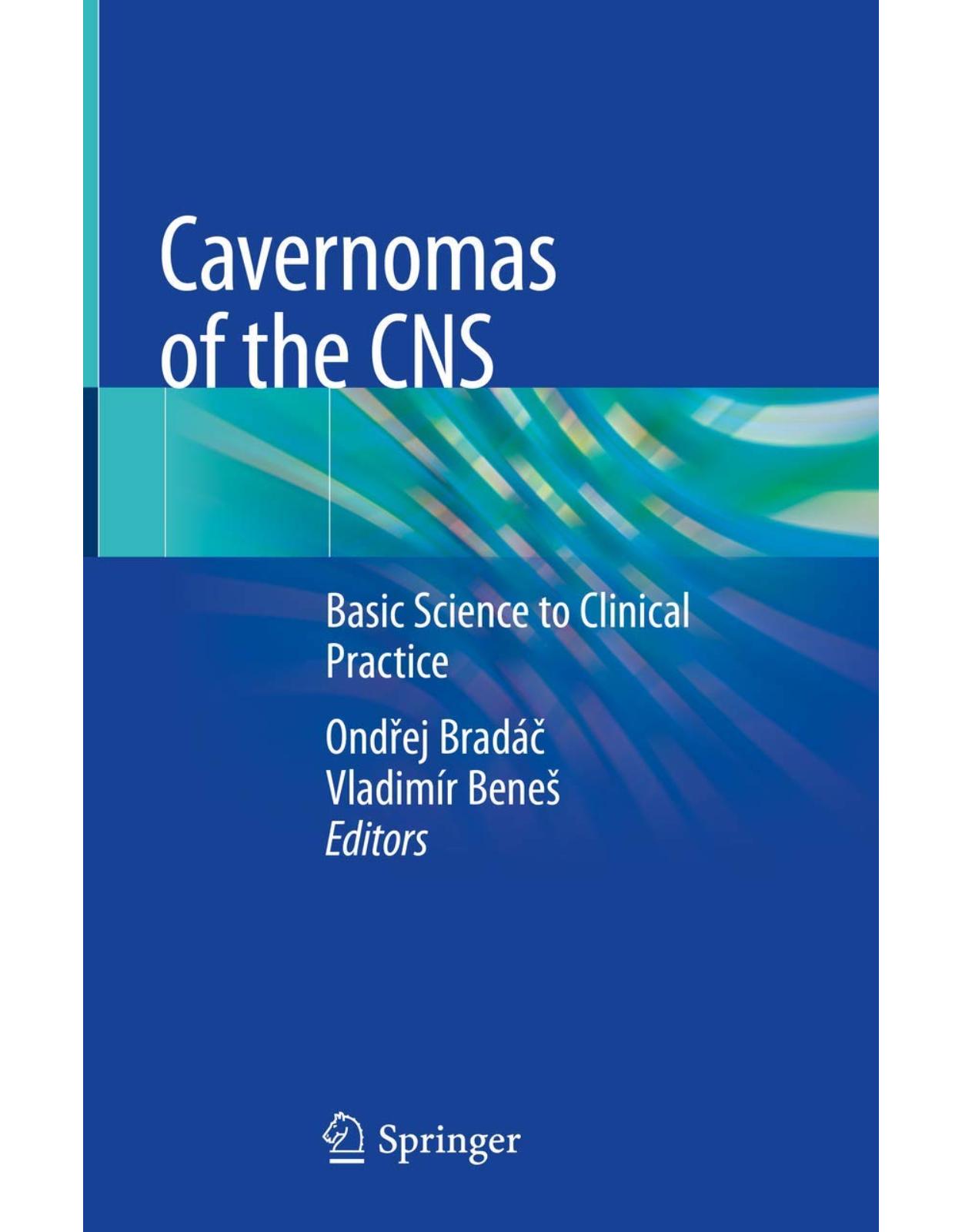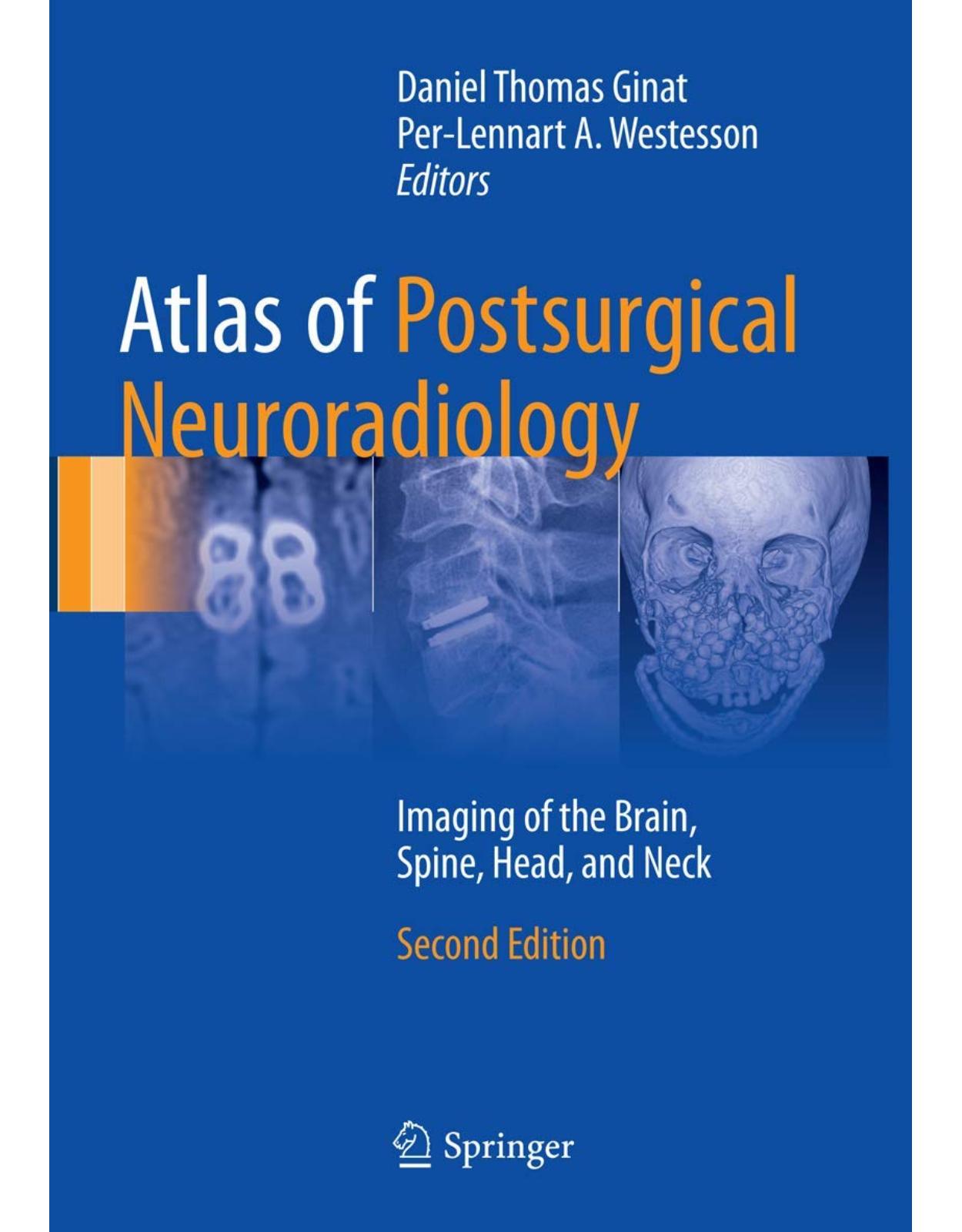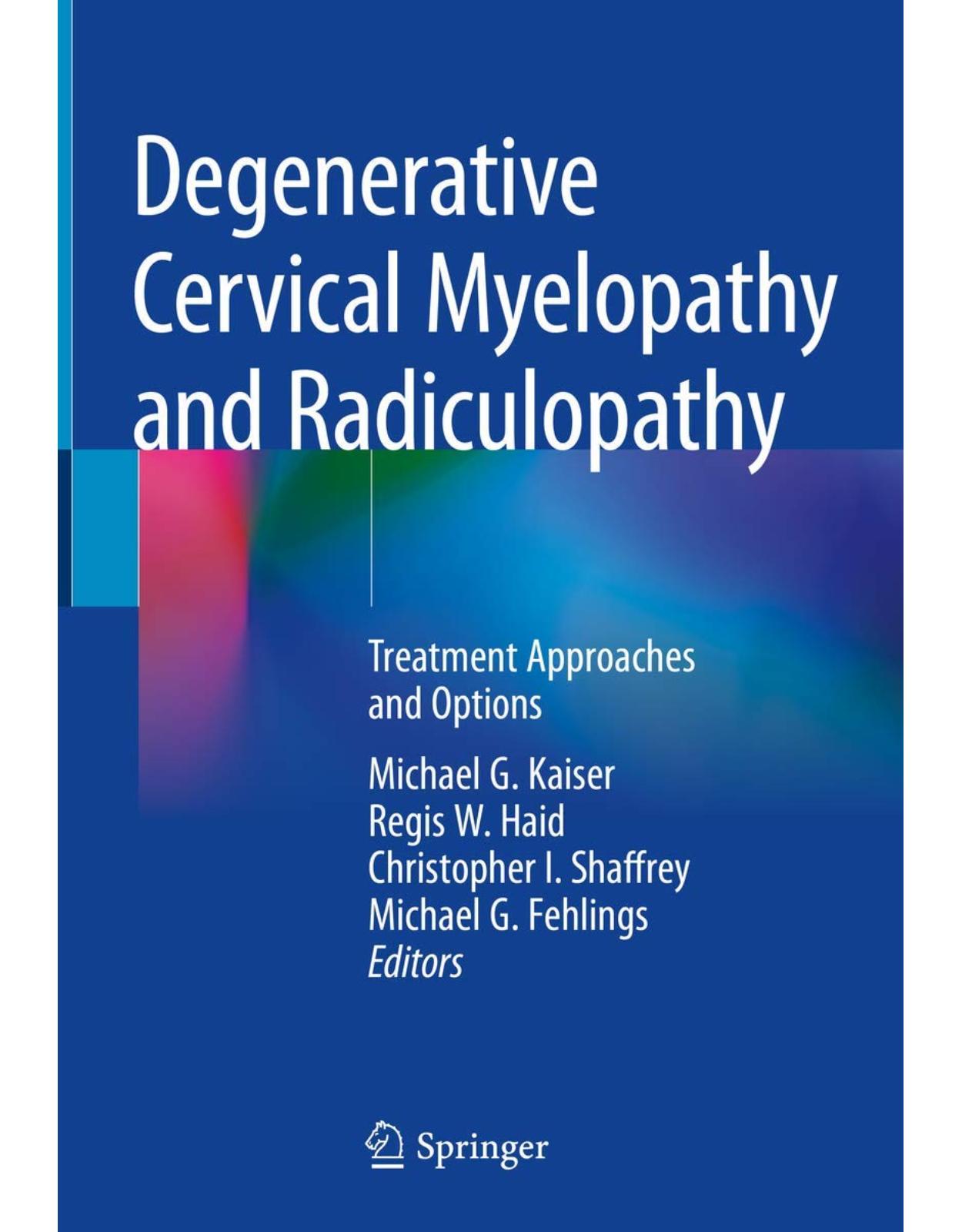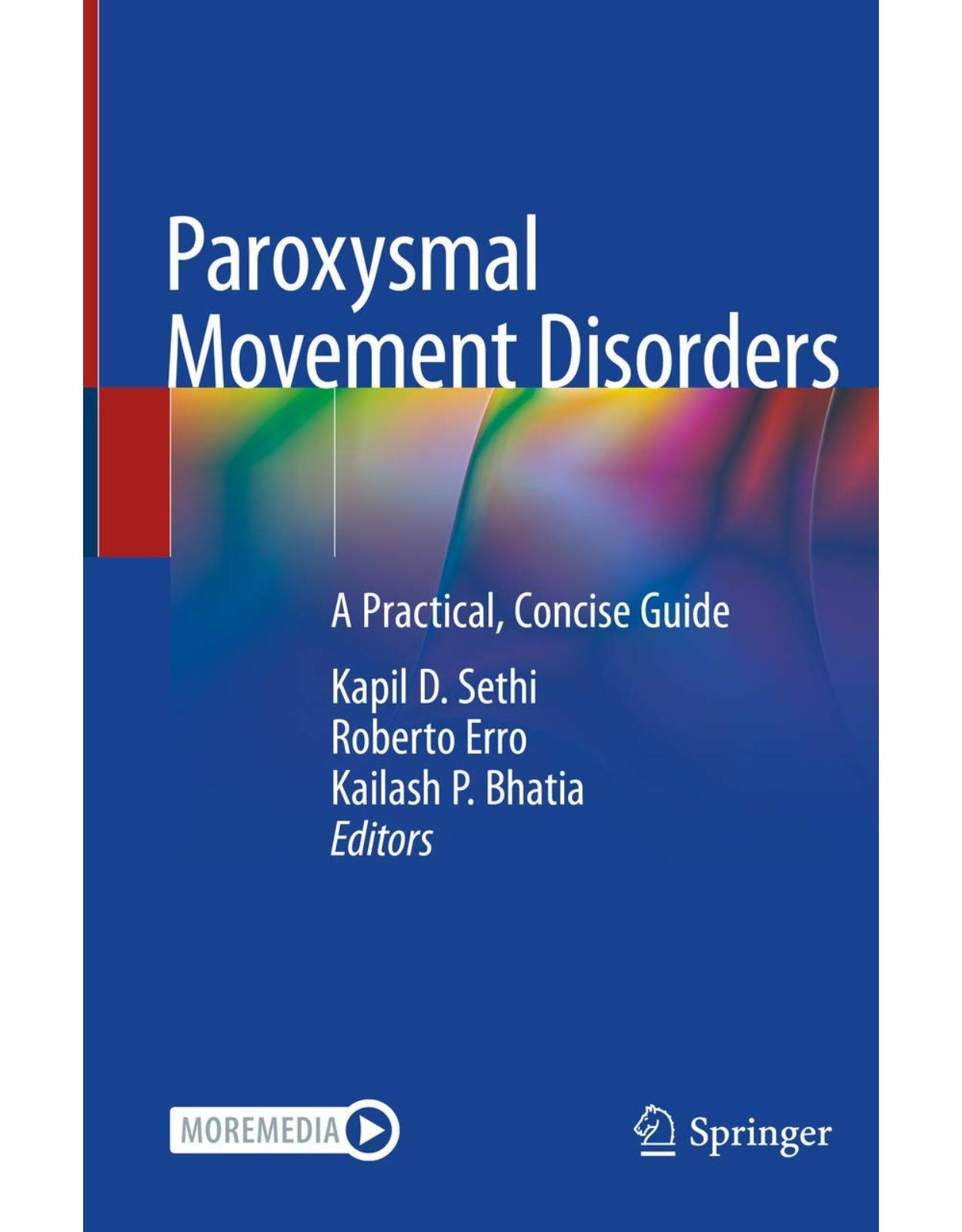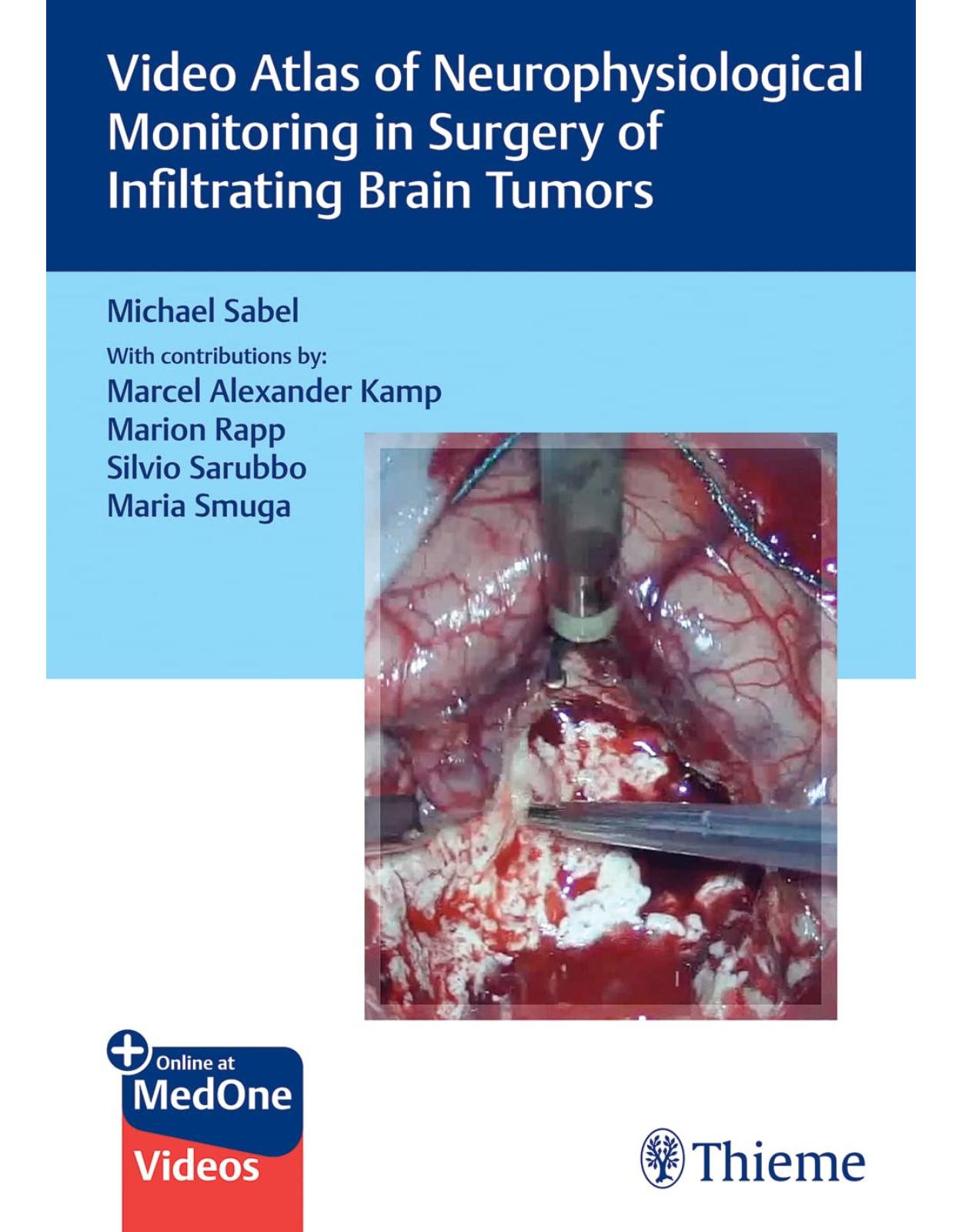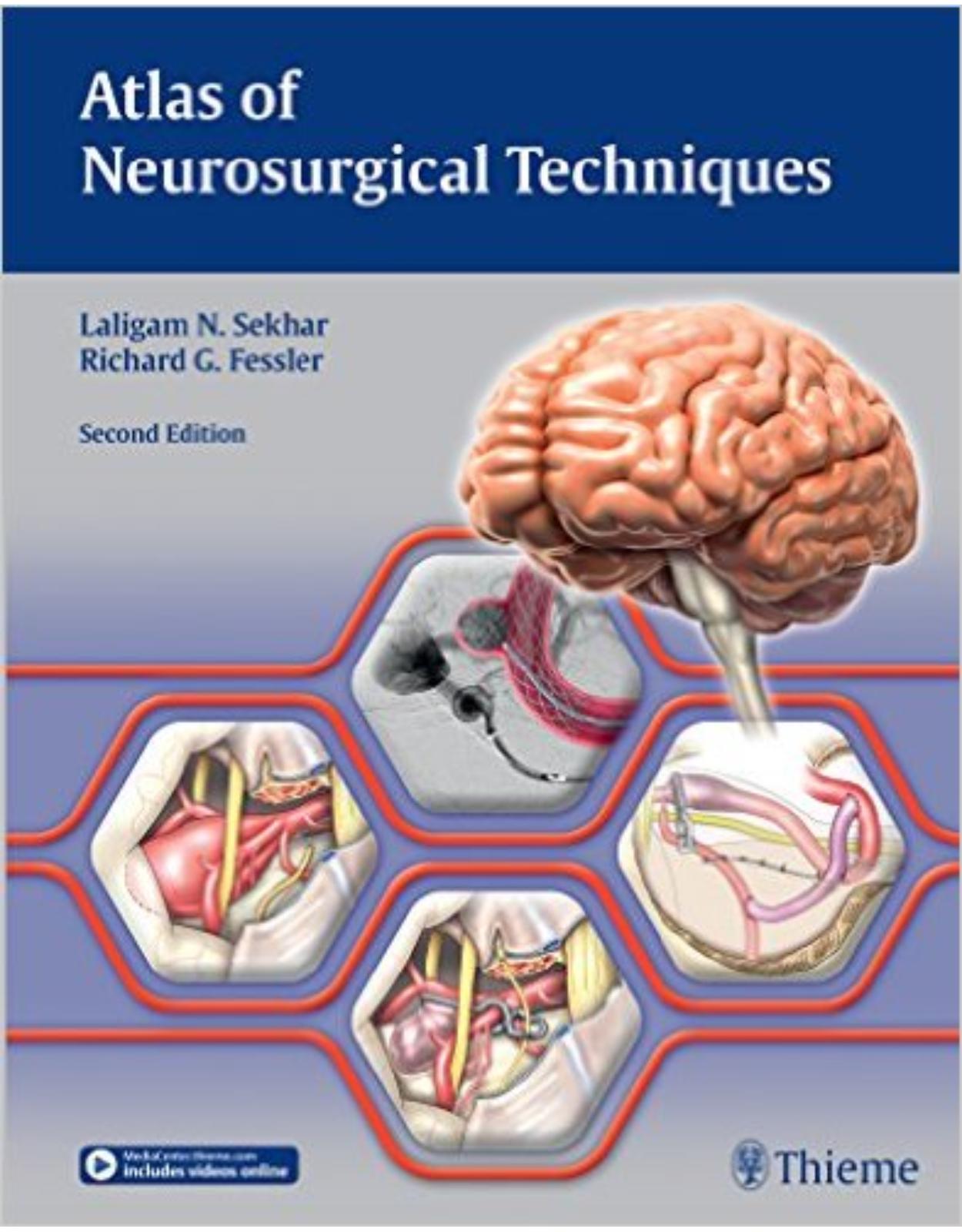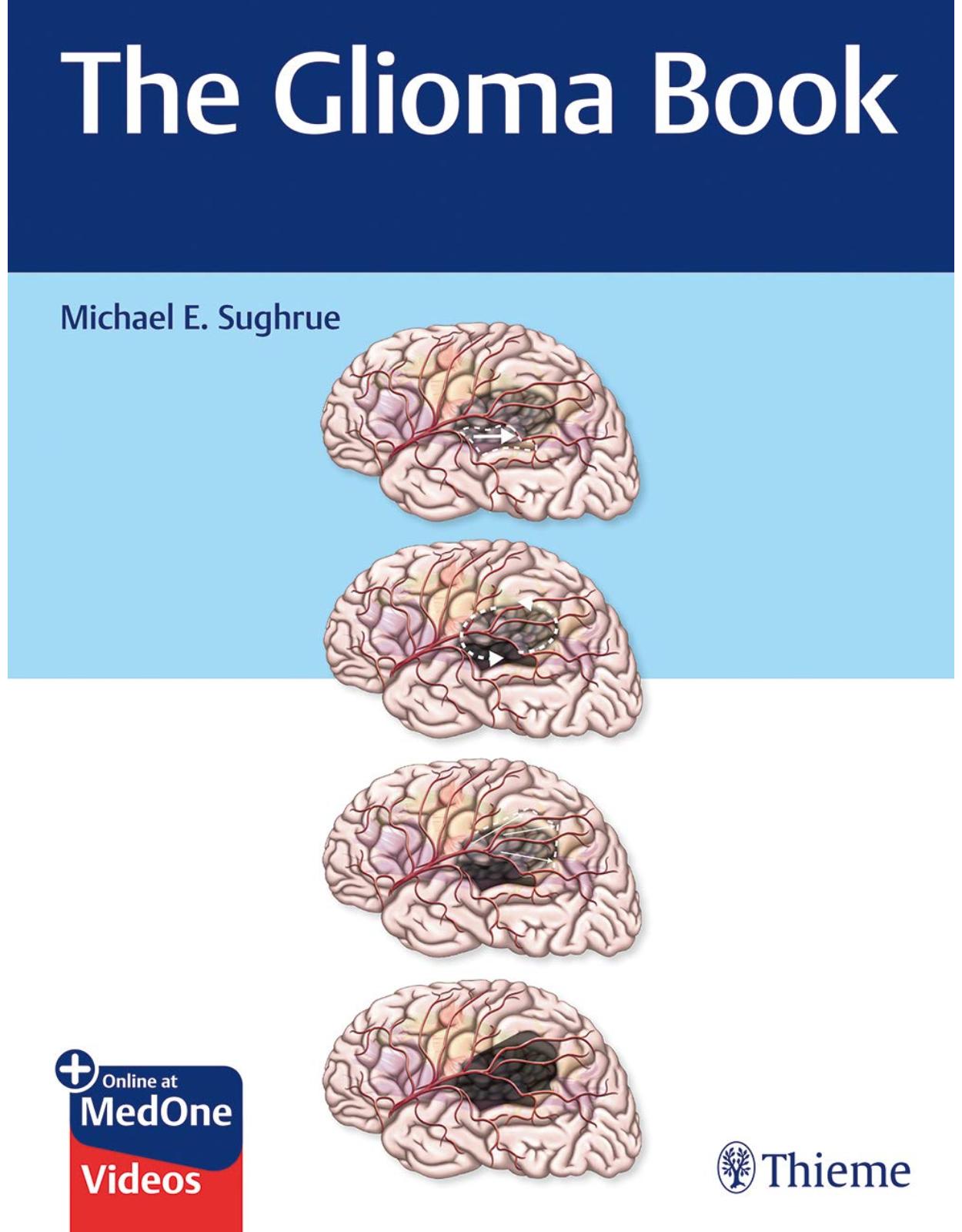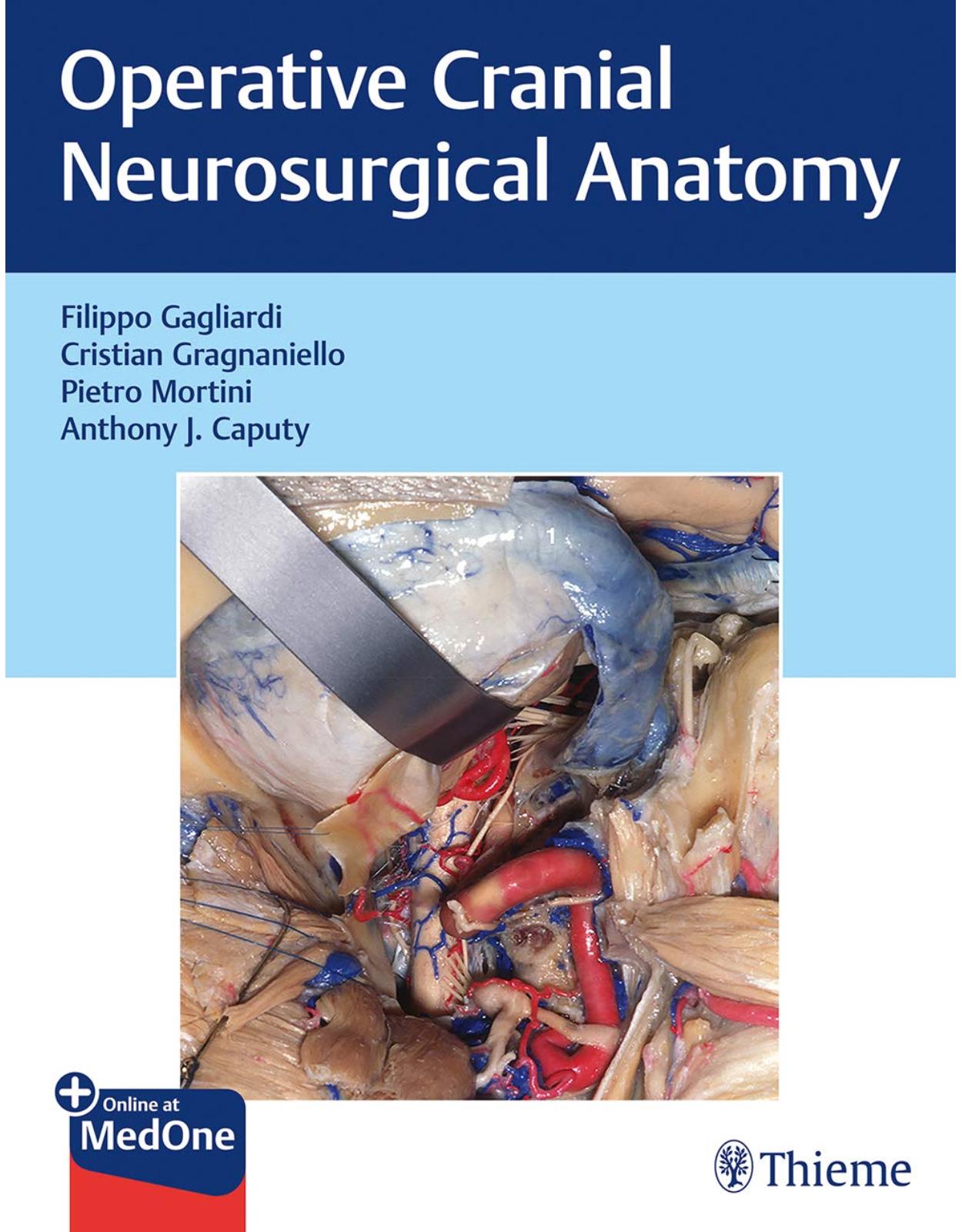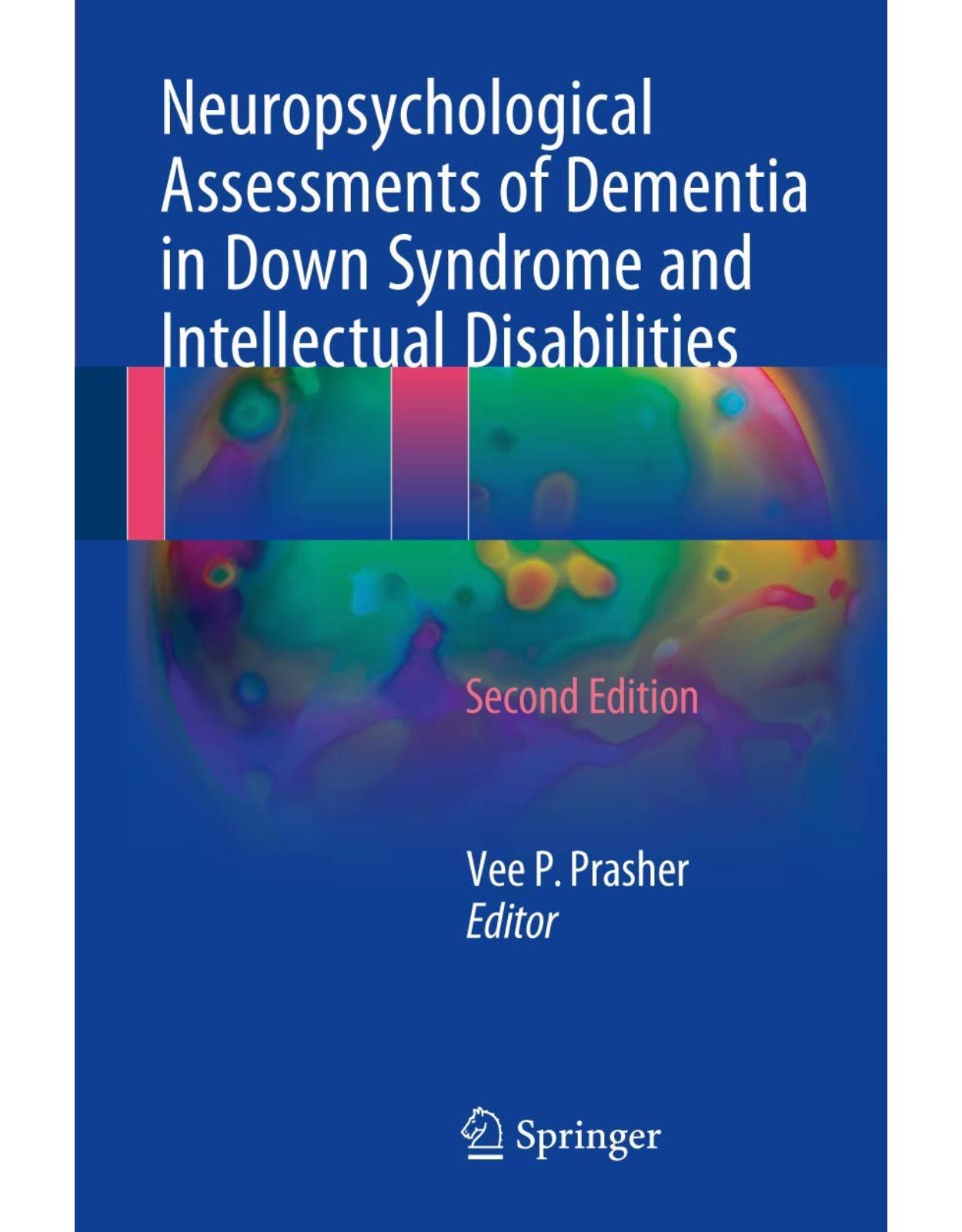
Neuropsychological Assessments of Dementia in Down Syndrome and Intellectual Disabilities
Livrare gratis la comenzi peste 500 RON. Pentru celelalte comenzi livrarea este 20 RON.
Description:
This fully updated and expanded second edition of a successful book reviews the most important neuropsychological measures currently used in the assessment of dementia by the principal clinicians and researchers associated with the tests. Several clinicians and research workers, who have been at the forefront in developing the tests in question, provide clear practical guidance on the scope of each test, use in research, as well as an analysis of their accuracy and limitations. The international contributors have brought together a concise and practical guide on the role of neuropsychological testing to support the dementia assessment. Neuropsychological Assessments of Dementia in Down Syndrome and Intellectual Disabilities, Second Edition is an essential reference for all those working in the field of dementia and intellectual disabilities.
Table of Contents:
Chapter 1: Overview of the Diagnostic Instruments for Dementia in People with Intellectual Disa
Introduction
Informant-Based Tests
Dementia Questionnaire for Persons with Learning Disabilities (DLD) [12]
Dementia Screening Questionnaire for Individuals with Intellectual Disabilities (DSQIID) [13]
Dementia Scale for Down Syndrome (DSDS)
Early Signs of Dementia Checklist (ESDC)
The Short Informant Questionnaire on Cognitive Decline in the Elderly (IQCODE)
Subject-Based Assessments
The Prudhoe Cognitive Function Test (PCFT)
The Test for Severe Impairment (TSI)
Severe Impairment Battery (SIB)
The Adaptive Behaviour Dementia Questionnaire (ABDQ)
Cambridge Cognitive Examination (CAMCOG)
The Dyspraxia Scale
The Short Informant Questionnaire on Cognitive Decline in the Elderly (IQCODE)
Test Batteries
Neuropsychological Assessment of Dementia in Adults with ID
Working Groups Battery
Psychological Tools
Commonly Used Instruments Administered to Informants
Commonly Used Instruments Administered to ID Persons
Summary
References
Chapter 2: Issues in Dementia Assessment Methods
Introduction
Worldview/Prevalence Implications: Adults with Down Syndrome
Schedule for Assessment
Purpose of Assessment
Characteristics of Individuals Being Assessed
Intellectual Level
Age
Etiology of ID
Gender
Care Setting
Methods to Address Individual Differences
Homogeneous Groups
Stratified Sample
Informant Report or Direct Assessment of Performance
Informant Report
Direct Assessment
Evaluation of Assessment Scales and Techniques
Independent/External Validation Criterion
Sensitivity, Specificity, and Predictive Value
Reliability
Group Comparisons
Evaluation and Stages of Dementia
Evaluation and Strength/Weakness Profile
Evaluation of Scales Across Studies
Clinical Usefulness of Dementia Assessment Scales and Techniques
Summary
References
Chapter 3: The Dementia Questionnaire for People with Learning Disabilities
Introduction
Background
DMR (DLD) Designing Process
First Studies, Leading to Publication of the Final Version
Psychometric Properties
Reliability
“Gold Standard”: Expert Diagnosis
Sensitivity and Specificity
Diagnostic Criteria
Judgment by Committee on Test Affairs Netherlands
Applications of the DMR (DLD)
Dementia
Early Detection
Screening Instrument and Effect Instrument
Repeated or Single Completion
Criteria for Persons to Be Tested
Who Answers the Questions?
Who Interprets the Answers?
Directions for Diagnostic Use
Rating
Other Studies of the DMR (DLD)
The DMR (DLD) in Diagnostic Test Batteries
Evaluations of the DMR (DLD)
The DMR in Intervention Studies
Summary
References
Chapter 4: Gedye Dementia Scale for Down Syndrome
Introduction
Background on the Development of the Scale
The Dementia Scale for Down Syndrome
Screening for Conditions That Cause Reversible Dementia or Mimic Dementia
Reversible Cognitive Deterioration
Conditions That Can Mimic Cognitive Decline
Psychometric Properties of the DSDS
Reliability and Validity Studies
The DSDS in Neuropsychological Assessment
Published Studies That Used the DSDS
Advantages and Disadvantages of the DSDS
Summary
References
Chapter 5: The Dyspraxia Scale for Adults with Down Syndrome
Introduction
Rationale
Background
Dyspraxia Scale Construction
Description and Administration of the Dyspraxia Scale for Adults with Down Syndrome
Test Materials
Detailed Scoring of the Dyspraxia Scale for Adults with Down Syndrome
Scoring Sheet
Detailed Administration
Part 1: Psychomotor Skills
Part 2: Apraxia
Part 3: Body Parts/Coin Task
Psychometric Properties of the Dyspraxia Scale for Adults with Down Syndrome
Validity and Reliability
Validity
Test–Retest Reliability
Test–Retest Reliability Over 3 Years
Split-Half Reliability
Internal Consistency: Cronbach’s Alpha
Factor Analysis
Standardization: Normative Sample
Standardization Sample: Part and Total Correlations
Review of Published Research Studies with the Dyspraxia Scale for Adults with Down Syndrome
Brief Praxis Test
Future Developments
Summary
References
Chapter 6: Adaptive Behavior Change, Mild Cognitive Impairment and Dementia in Down Syndrome: Case
Introduction
Down Syndrome
Dementia and Alzheimer’s Disease
Alzheimer’s Disease and Dementia in Adults with Down Syndrome
Classification of Dementia Status
Classification of Dementia Status in Adults with Down Syndrome
Functional Decline and Adaptive Behavior
Background of the Adaptive Behavior Scale
Research Studies
The ABS and Age-Associated Group Differences in Adaptive Behavior
The ABS and Age-Associated Declines in Adaptive Behavior
The ABS and Dementia Classification
The ABS and Dementia: The Aging Research Program
The ABS and Dementia Classification
Summary
References
Chapter 7: The Cambridge Examination for Mental Disorders of Older People with Down’s Syndrome
Background
Rationale for the Development of the CAMDEX-DS
Development and Use of the CAMDEX in the General Elderly Population
Modification of the CAMDEX Schedule for Use with Adults with Down Syndrome
Modification of the CAMDEX Informant Interview
Modification of the CAMCOG
Validity and Reliability of the CAMDEX-DS
Validity and Reliability of the CAMDEX-DS Informant Interview as an Aid to Dementia Diagnosis
Psychometric Properties of the CAMCOG-DS
Using the CAMDEX-DS
Administration of the Assessment Schedule
Diagnostic Process
Guidance for Postdiagnosis Intervention
Review of Research Studies Using the CAMDEX-DS
Pros and Cons of the CAMDEX-DS
Clinical Experience
Summary
References
Chapter 8: The Test for Severe Impairment
Introduction
Development of Test for Severe Impairment
Validity and Reliability
Methods
Measures
Calculation of Rate of Change
Results
Discussion
Summary
Case Vignette
References
Chapter 9: The Cued Recall Test: Detection of Memory Impairment
Introduction
Background
Identification of Memory Impairment in Adults with Dementia in the General Population
Age-Associated Memory Impairment and Down Syndrome
Diagnosis of Early-Stage Dementia in Adults with Down Syndrome
Early Identification of Significant Memory Impairment in Adults with Down Syndrome
Measures of Episodic Memory in Adults with Down Syndrome
Procedure
Participant Characteristics
Psychometric Properties
Reliability of Different Versions of the Test
Reliability of Retesting with the Same Test Version
Diagnostic Efficacy
Sensitivity and Specificity
Mild Cognitive Impairment
Longitudinal Data
Normal Aging and Free Recall
Evaluation of Two Trials
Findings from Recent Studies
Pros and Cons of Cued Recall Test
Summary
References
Chapter 10: The Adaptive Behavior Dementia Questionnaire (ABDQ)
Introduction
Background
Development of the ABDQ
Sample Group
Assessments
Development of Questionnaire
Identification of Significant ABS Items
Composing the Questionnaire
Questionnaire Analysis
Psychometric Properties of ABDQ
Interrater Reliability
Validity
Face Validity
Split-Half Validity
Research Studies
Future Issues
Summary
References
Chapter 11: National Task Group Early Detection Screen for Dementia (NTG-EDSD)
Introduction
Screening
The National Task Group
The National Task Group Early Detection Screen for Dementia (NTG-EDSD)
Case Studies
Applications
Commentary
References
Chapter 12: The Rapid Assessment for Developmental Disabilities
Introduction
Rationale
Development of the RADD
Materials Needed for Administration of the RADD
Psychometric Properties
Validity
Reliability
Factor Analysis
Sensitivity and Specificity
Use of the RADD in Neuropsychological Assessment
Use of the RADD in Dementia Assessment
Interpretation of Results for Down Syndrome and Dementia
Future Application of the RADD for Cognition and Dementia in Down Syndrome
References
Chapter 13: The Severe Impairment Battery
Introduction
Background to the Severe Impairment Battery (SIB)
Evaluation of the SIB for Use with People with Down Syndrome
Studies Using the SIB with People with DS and ID
Test Selection: Strengths and Limitations of the SIB When Used with People with ID
Case Vignettes
Vignette 1: James: Mild Cognitive Impairment (MCI) [62]
Vignette 2: Patrick: Alzheimer’s Disease
Vignette 3: Alice: Non-Dementia
Summary
References
Chapter 14: Strengths of Previous Work and Future Challenges
Introduction
Strengths of Previous Work
Identification of Onset of Decline
Monitoring Progression
Differential Diagnosis
Breadth of Functional Areas Assessed
Administration Techniques
Source of Information
Flexibility of Instructions
Scoring
Evaluation Methods
New Issues Identified
Evaluation Criteria for Tools Used at Different Stages of Practice
Changes in Validated Instruments
Baseline Functioning Issues
Mild Neurocognitive Disorder, Healthy Aging, and Diagnostic Consensus
Collaboration
Future Challenges and Directions
Longitudinal Research
Interdisciplinary Expertise
Funding
Conclusions
References
Appendix A: Questions on Clinical Usefulness of Scales, Tests, and Techniques
Appendix B: Dementia Questionnaire for People with Intellectual Disabilities
Appendix C: Scoring Sheet for the Dyspraxia Scale for Adults with Down Syndrome
Appendix D: Part One Domain I. Independent Functioning
Appendix E: Memory and Orientation
Appendix F: Case Studies
Case Study 1: John
Background/Best Level of Functioning
Changes Reported by Carer
Everyday Skills
Other Cognitive Skills
Personality/Behavior
Memory
Self-Care
Mental Health
Physical Health
Case Study 2: Michael
Background/Best Level of Functioning
Changes Reported by Carer
Everyday Skills
Memory
Other Cognitive Skills
Personality/Behavior
Self-Care
Mental Health
Physical Health
Case Study 3: Mary
Background/Best Level of Functioning
Changes Reported by Carer
Everyday Skills
Memory
Other Cognitive Skills
Personality/Behavior
Self-Care
Mental Health
Physical Health
Appendix G: Test for Severe Impairment
Appendix H: The Adaptive Behavior Dementia Questionnaire (ABDQ)
Appendix I: NTG-EDSD
References
Dr. Arthur Dalton Obituary
Index
| An aparitie | 2018 |
| Autor | Prasher |
| Dimensiuni | 15.49 x 1.98 x 23.5 cm |
| Editura | Springer |
| Format | Softcover |
| ISBN | 9783319617190 |
| Limba | Engleza |
| Nr pag | 328 |

